
On March 21, Monday, President Duterte signed amendments on the Public Service Act into law that will lessen restrictions on foreign investments over “public services and their franchises, equipment, and other properties.”
“No franchise, certificate, or any other form of authorization for the operation of a public utility shall be granted except to… corporations or associations organized under the laws of the Philippines,” whose capital is at least 60% owned by Filipinos, under the Philippine Constitution (Article XII, Section 11).
The 1936 Public Service Act, although enumerates a list of public services, does not define “public utilities”, thus, the nationality requirement.
The amendments on the Public Service Act aim to remove this nationality requirement on most public service companies, including industries such as telecommunications, airlines, and railways. The amendments, however, exclude those considered “public utilities” and “critical infrastructures”.
Furthermore, the scopes of public utility and critical infrastructure are to be limited. This is without amending the Constitution.
Under the Act, public utilities are companies involved with power, water, petroleum pipelines, seaport, and public utility vehicles which are subject to at most 40% foreign ownership.
With the Act’s amendments, the Duterte administration hopes to attract more job-generating foreign capital for Filipinos to recover from the economic downturns during the pandemic. A previous attempt to supposedly produce more jobs was made last January when the president ratified amendments on the Retail Trade Liberalization Act of 2000, reducing foreign investors’ capital from P125 million to P2.5 million.
Last March 2, President Duterte also approved amendments on the Foreign Investments Act which now opens the country for foreign firms to invest in domestic businesses with capital up to 100%. This also allows foreign investors to fully own small and medium enterprises.
Contrary to the supposed relief in the country’s economic situation, critics have pointed out that less restrictions enable foreign firms to expropriate profit through raising the prices of imported goods.
The Philippine Statistics Authority (PSA) January 2022 report showed a 27% increase in the country’s total imports and a widening trade deficit (difference of export and import value), spiking to 63%.
Local fisherfolks have cried foul over the administration’s resort to importation of galunggong which depleted their profits. This comes alongside the cumulative oil price hikes of the past 11 weeks. Fisherfolk group PAMALAKAYA asserts 80% of their production costs are spent on diesel fuel, with around P13 increase per liter.
Vegetable growers and sellers in Benguet are also protesting against the administration’s lack of response on the persistent smuggling of crops from China, impeding local traders’ livelihood. Also, in effect of the Rice Liberalization Law, more rice is imported competing with the local produce. Big traders are able to haggle local farmers to lower rice prices to P14 or P15, impeding their livelihood.
With the oil price hikes and increase in basic necessities’ prices, farmers are burdened with farmland expenses and shrinking income. In an interview with League of Filipino Students – Cagayan Valley, 74-year old farmer Tang Fred calls for the “prioritization of farmers” as the sector continues to struggle against the monopoly of traders in the market.
Meanwhile, Duterte said on Monday that the P200 subsidy for struggling Filipinos is to be increased to P500. However, Filipinos continue to grapple with below minimum wage of P537 in Metro Manila. A family of five needs around P1,072 worth of living costs per day, reported by think tank IBON Foundation.
Featured image by Bulatlat

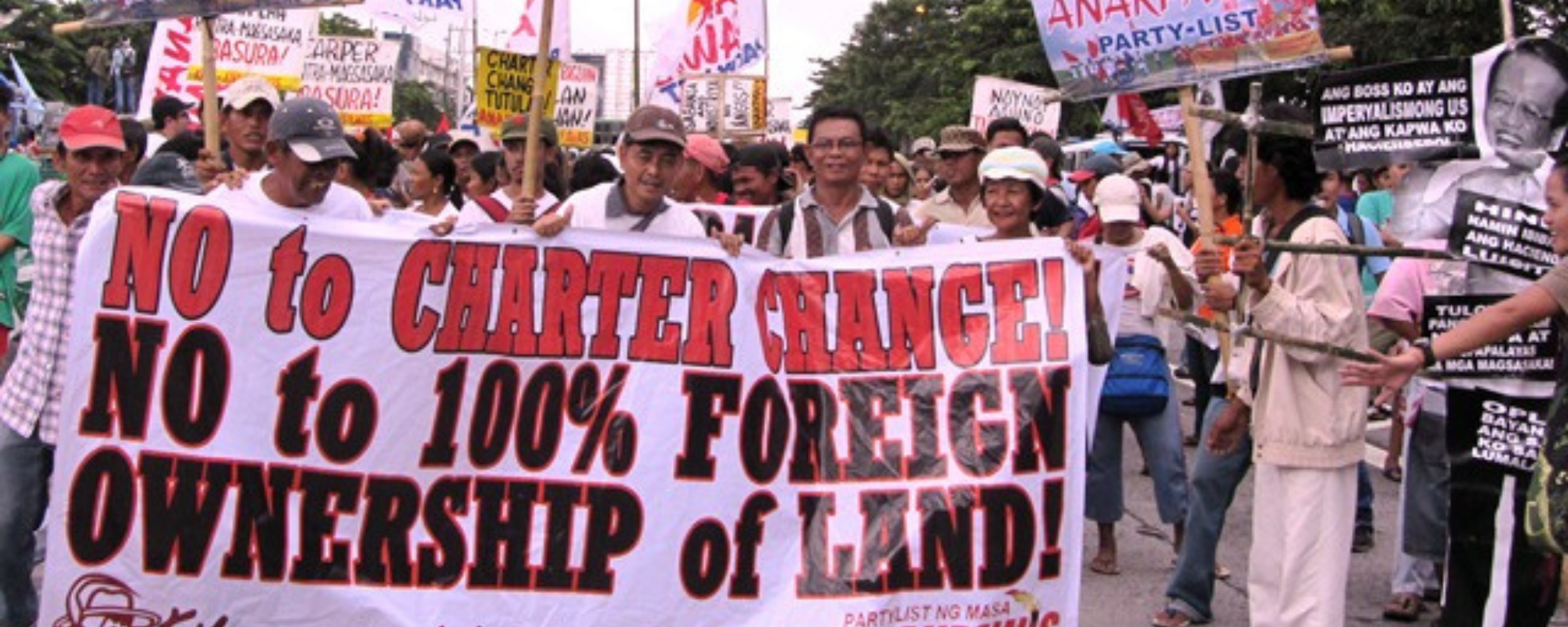

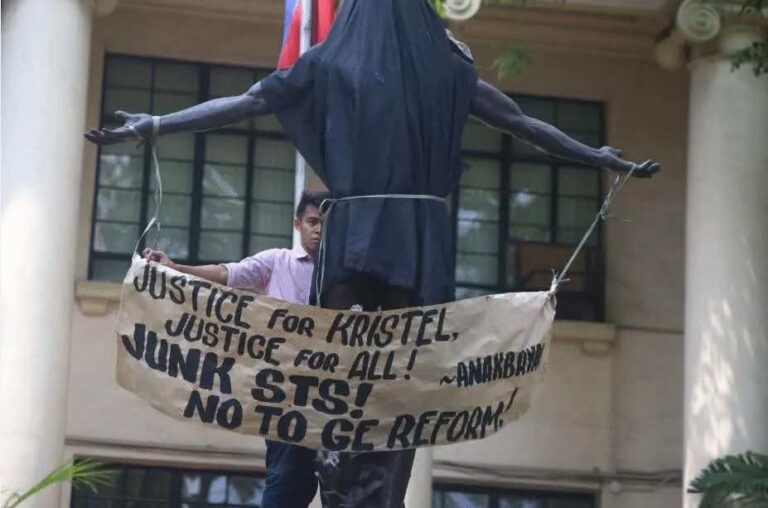

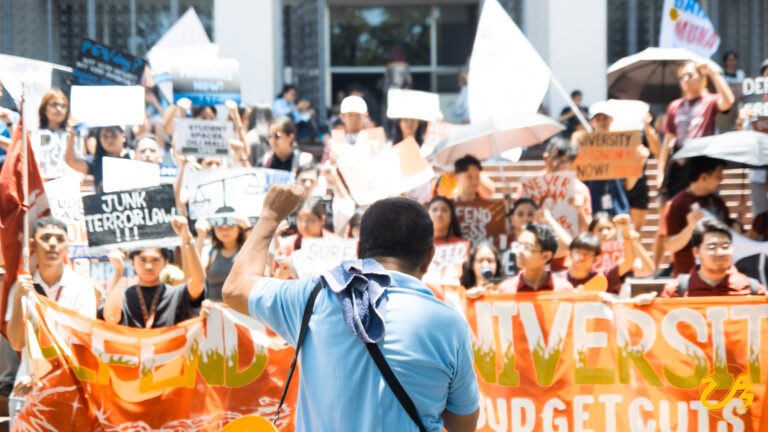
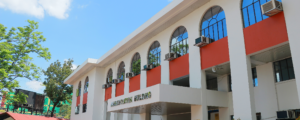
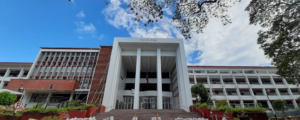
Thank you for your articles. I find them very helpful. Could you help me with something? http://www.ifashionstyles.com